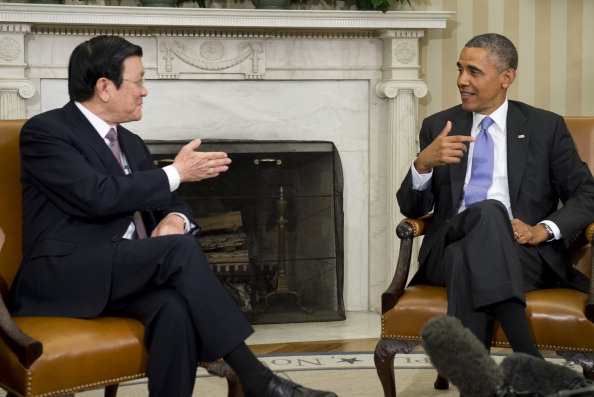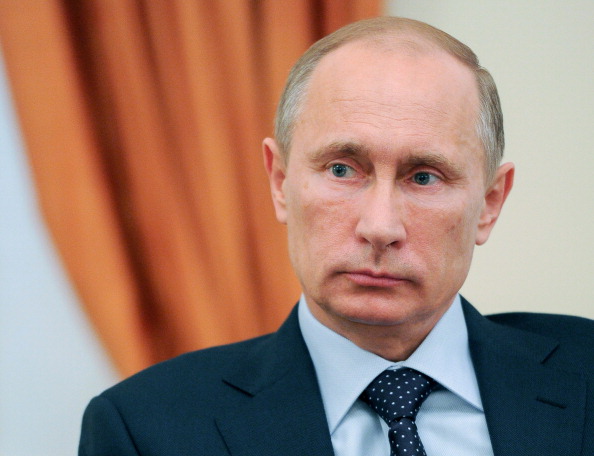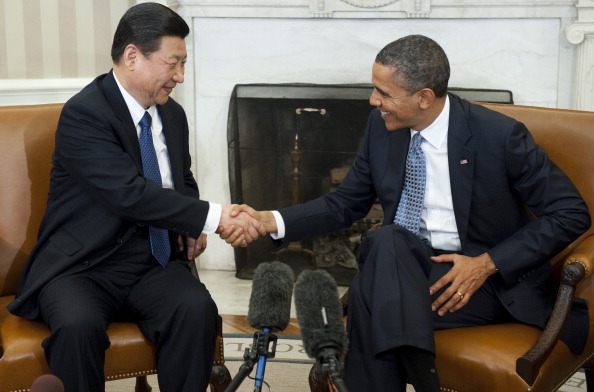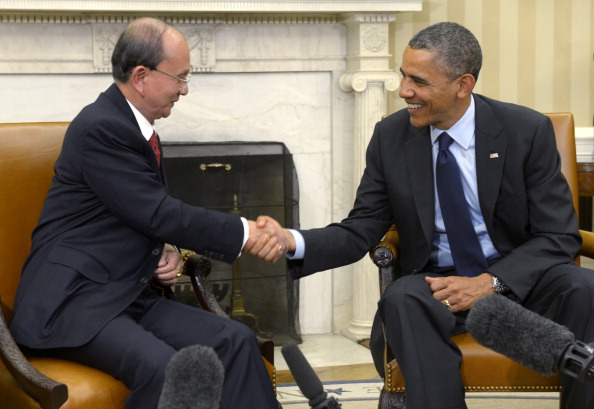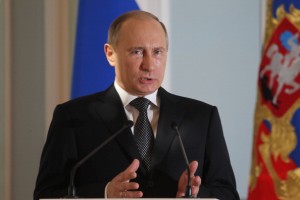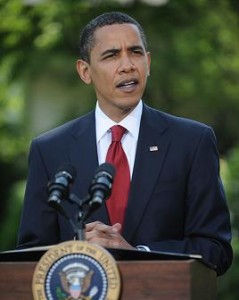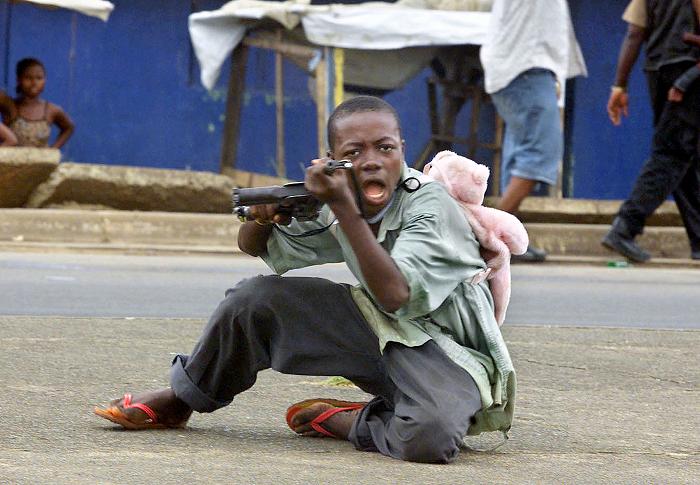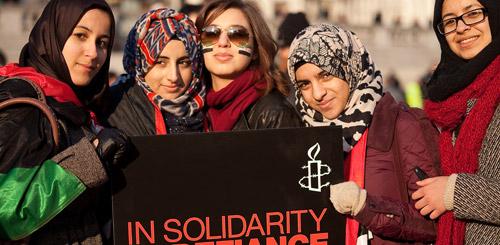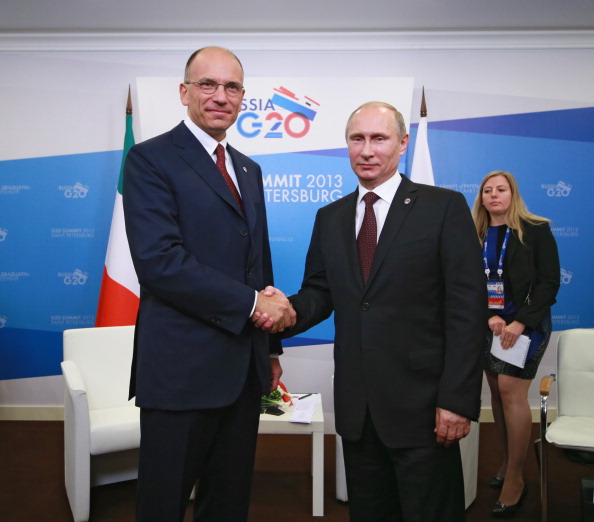
The G20 summit is expected to be dominated by the issue of military action in Syria, but President Obama and other world leaders would also do well to focus on human rights abuses going on in Russia (Photo by Anton Denisov/Host Photo Agency via Getty Images).
President Barack Obama has an important opportunity he should not pass up.
He is participating in the G20 Leader Summit in St. Petersburg, Russia starting today, and Syria is most likely to dominate the agenda. But he should not ignore Russia’s crackdown on human rights.
Fortunately, this is not a partisan issue. A group of prominent United States Senators – Democrat and Republican – have asked President Obama to speak out against Vladimir Putin’s repression of freedom of expression and assembly and other human rights.
